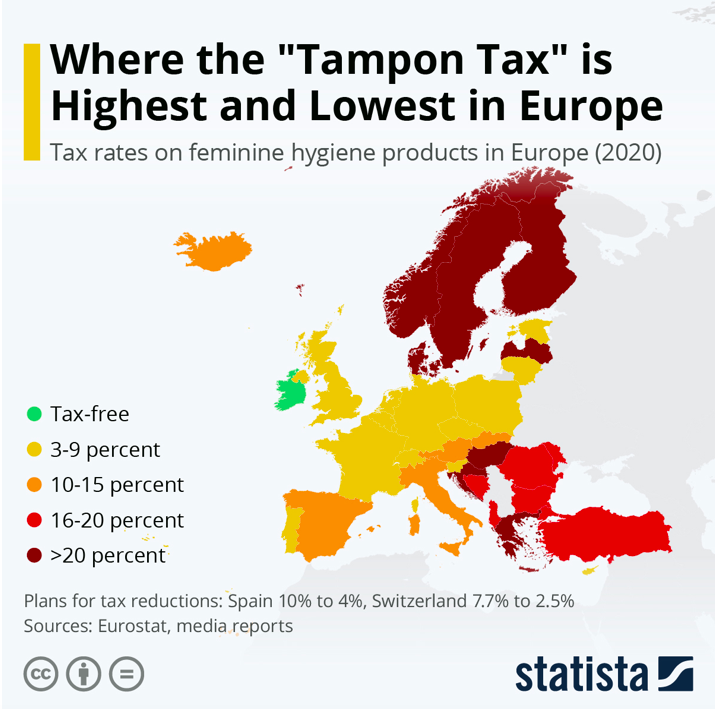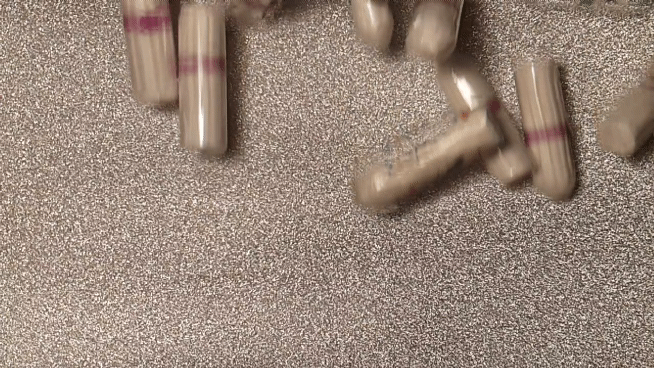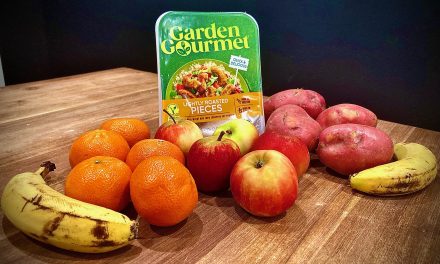Our planet had a new world-first in November last year; Scotland made all sanitary products free. Scotland became the first in the world to tackle period poverty. The Scottish Parliament unanimously voted ‘yes’ to free sanitary product for everyone who would need it. But after this wonderful news, it became quiet. For example, in the Netherlands, where the VAT on tampons is 9%, there haven’t been any messages from the government about this situation. This VAT leads to more poverty while the EU already allowed to lower this VAT, but not every member state makes use of this. Research from the Dutch feminist platform ‘De Bovengrondse’ showed that also here in The Netherlands, people use old socks as a sanitary product. Sophie Heesen, councillor for the PvdA explains why the Netherlands has been silent.
“As councillor and as a human being, I’m quite surprised and happy for all the Scottish women, they do not have to be ashamed of this poverty anymore. It also inspires me, because you can see that female leader will make other decisions than male leaders.” By stating this, Sophie refers to Nicola Sturgeon who serves as the first minister in Scotland. “The voice of female leaders taking responsibility for women in poverty inspires.”
Why haven’t we heard more from the Dutch government to make sanitary products free or not? “I think this has to do with procedural developments in the chamber and every officer that will look into the questions. Luckily there is some response from the chamber. It’s unfortunate that, according to the questions who were sent to the chamber, there is no solution while research from ‘De Bovengrondse’ suggests something else. The VVD, which is the biggest leading party right now, does not care much for an active government and that is alright. But I believe that everyone is, maybe deep inside, liberal and that there should be equal opportunities for everyone.”
From 2019 till now, there have been nine letters sent by politicians from parties like PvdA and D66, in which they ask questions about the menstrual poverty. The first questions to the Secretary of State of Social Affairs and Employment in June 2019, sent by Lilianne Ploumen and Gijs van Dijk (both PvdA), show that the term ‘menstrual poverty’ was not familiar to the secretary by that time and there was no research yet to indicate how many people in The Netherlands had problems with buying sanitary products.
Ploumen and van Dijk handed in some questions about period poverty on the 6th of December 2019, to the ministry of Health, Wellbeing and Sports. In this report, several questions were asked. Questions like “what do you think of the period poverty here in The Netherlands and the lack of sanitary products?” or “what do you think of the alternatives women use such as old newspapers, rags or not the correct products at all?” or “which measures are you planning to make to fight against the period poverty?” The minister gave a general answer in which he explained that he is aware of the situation in which Scotland gives free sanitary products to low-income women or to provide products in schools. He continues by saying that the Dutch approach is integral and that the government already tries to help by tackling the origin of poverty, also in schools. Schools cannot tackle this alone, but they can make identifications and referrals to institutes which can help. The minister ends with the conclusion that the cabinet currently does enough to decrease the period poverty and the consequences of it and does not see a reason to make new or more policy measures specific to this situation.
Some updates
Sophie: “I see that some municipalities provide free sanitary products for women who need so. The questions asked by the PvdA at the national level have been answered a few days ago, which showed that our current cabinet does not want to adopt the Scottish model but will continue to rely on the municipalities. I do not support this reasoning because every form of poverty should be tackled and combating this poverty should not be at the expenses of, for instance, elderly people in poverty. There should be a structural form of money to decrease this poverty.”
Before the new answers were published there was a debate about poverty on the 10th of December last year where the Secretary of State, Mr van ‘T Wout, together with some politicians talked about period poverty. Mr Renekema from Groenlinks suggested taking another look into the research about the period poverty in The Netherlands and showed, according to a rapport from Plan International, that approximately 10 percent of the Dutch girls have financial difficulties with buying sanitary products, and that there still is a taboo around this. Mr van ‘T Wout goes on by saying that this subject has now been addressed four times in this debate and that he would like to continue to the rest of the poverty debate.
In the last report, which was made this year, Ploumen and van Dijk again sent questions to Secretary of State van ‘T Wout about making sanitary products free. After an investigation of Plan International and ‘De Bovengrondse’ it became clear that there might be a suggestion for three municipalities where people, living from a minimum income, can buy their sanitary product with this so-called city card. The city cards provide discounts for people with a minimum income.
The Secretary of State continues by answering and makes clear that he does not share the opinion to make sanitary products available in public places because “women’s circumstances and needs vary, but for most women, the cost of period products is not an issue”. Sophie: “In my opinion, decentralisation of the poverty policy is a nice term, but at the same time you imply to not take responsibility for different forms of poverty. I hope the next cabinet will realise that fighting against poverty and creating equality does not merely work by giving only money to certain issues while increasing other statutory duties.”
Tampon tax
Most European member states impose a tax to sanitary products, referred to as a ‘tampon tax’. People who menstruate all over Europe pay a tax for their sanitary products which can lead to expensive sanitary pads. Katharina Buchholz made an infographic to indicate where in Europe people pay the most tax for their products.
In the picture below it shows where people pay more tax than other countries. Countries are allowed to lower the tax since 2007, but as shown in the graphic, still some countries have a high tax. In a European resolution by the European Parliament in 2019, the Parliament mentioned that all member states failed to consider hygiene products as basic goods and the Parliament calls on the member states to abolish all taxes on sanitary products. Member states can use the flexibility provided in the VAT Directive and apply a 0% VAT rate for the products. The only country that later abolished the tampon tax is Scotland and the UK followed suit on the first day of this year.

Source: https://www.statista.com/chartoftheday/
https://www.statista.com/chart/18192/sales-tax-rates-on-feminine-hygiene-products-in-europe/
As shown, Scandinavian countries, Hungary, Croatia and Greece are dark red. This means that the tampon tax is one of the highest in those countries. Scandinavian countries charge a 25% tax, but Hungary tops with 27% tax on sanitary products. Lili Rutai is a journalist who wants to highlight the period poverty in Hungary. According to Rutai, newspapers and tv never report about the poverty situation in Hungary
After Scotland as the first country to provide free sanitary products, Europe isn’t ready to free all sanitary product for everyone who needs it, yet. The European Union cannot make sure that people who menstruate do not have to miss school or work. Or have to choose between sanitary pads or vegetables. But in the meantime, organisations, schools and public places can help to take period poverty out of the taboo sphere. A decreased taboo does not solve the problem of period poverty but helps in alleviating the struggles that, people who menstruate, experience. Ultimately, breaking the taboo around menstruation can contribute to ending period poverty in Europe.




